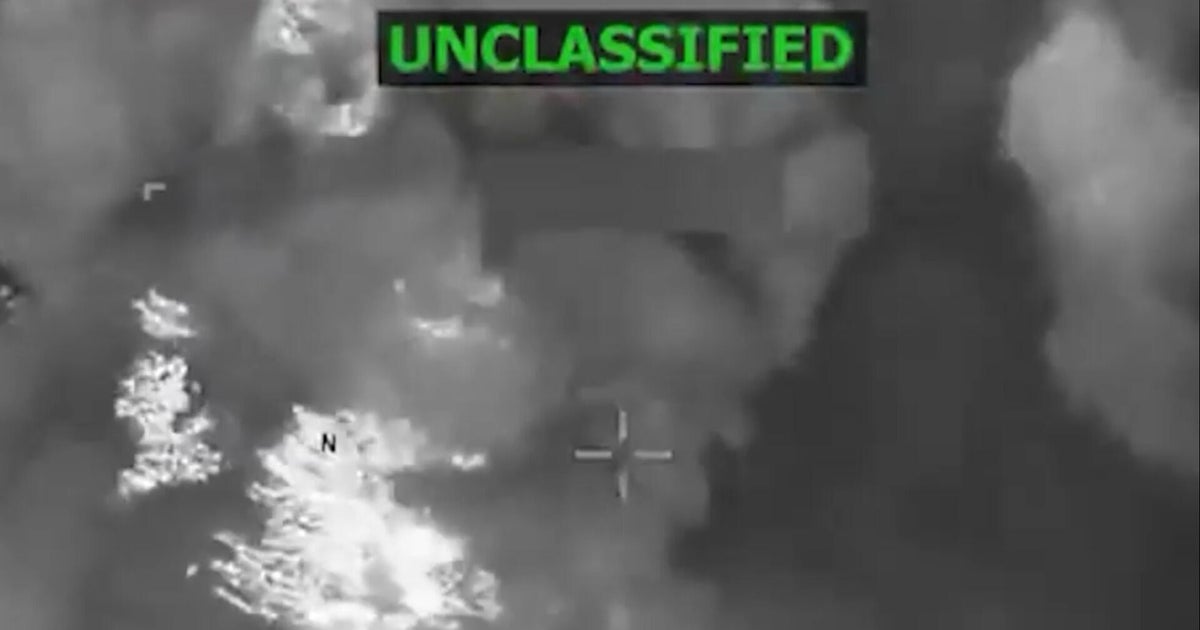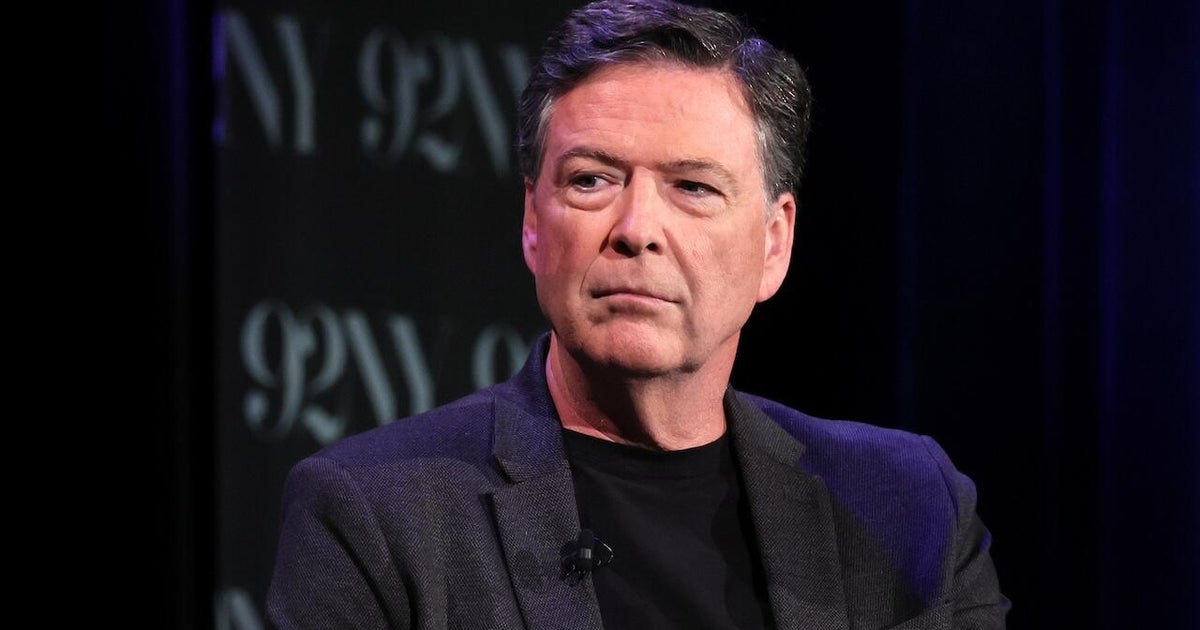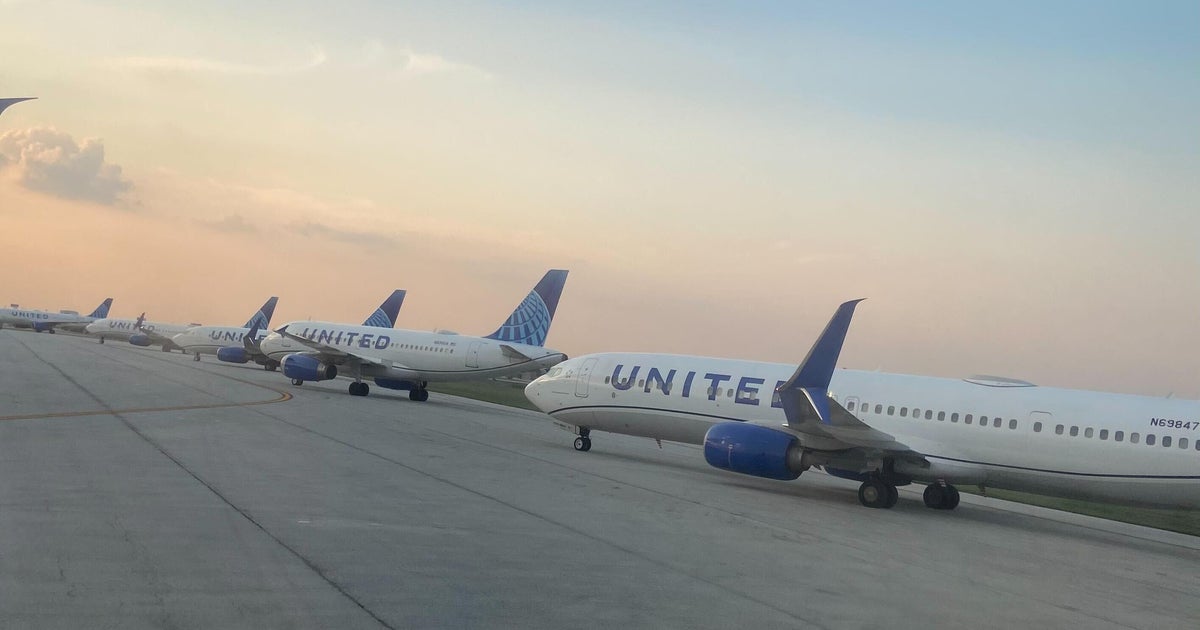Ecuador has released a man who survived a U.S. strike on a suspected drug-trafficking submersible vessel, the attorney general’s office said Monday, adding that the authorities had found no evidence that he had committed a crime.
A government official, who asked not to be identified because they were not authorized to speak on the matter, told The Associated Press that the Ecuadorian man, identified as Andrés Fernando Tufiño, was in good health after medical evaluations.
A U.S. Navy helicopter transported the survivors of the attack from the semi-submersible to a Navy ship, a source familiar with the matter confirmed to CBS News on Friday. The attack also killed two crew members.
U.S. authorities repatriated the Ecuadorian man, and the Ecuadorian attorney general’s office said in a statement there was “no report of a crime that has been brought to the attention of this institution” against him, and therefore “he could not be detained.” The man had “no pending cases against him,” it added.
A Colombian citizen also survived and remains hospitalized after being repatriated to Colombia, where Interior Minister Armando Benedetti said he “arrived with brain trauma, sedated, drugged, breathing with a ventilator.” Authorities there said he would face prosecution.
The United States has deployed warships to the Caribbean off the coast of Venezuela since August, attacking mostly boats that U.S authorities said were running drugs. The raids have killed at least 32 people and drawn angry reactions from some South American leaders.
President Trump said the attack last week was on a “very large drug-carrying submarine” headed for the U.S. He labeled the men on board “terrorists.”
In a social media post, Mr. Trump claimed the submarine was loaded with fentanyl and other drugs. There is little evidence to indicate that fentanyl is produced in the Andes region, which includes Ecuador, as the vast majority of it flows into the U.S. through Mexico.
The Pentagon posted a short video of the strike on social media. The Department of Defense Rapid Response provided no other details about the attack.
. @POTUS “It was my great honor to destroy a very large DRUG-CARRYING SUBMARINE that was navigating towards the United States on a well known narcotrafficking transit route. U.S. Intelligence confirmed this vessel was loaded up with mostly Fentanyl, and other illegal narcotics.… pic.twitter.com/0j3sOLNygp
Semisubmersibles, also known as “narco subs,” cannot go fully underwater. But international drug traffickers have increasingly been using the vessels as they can sometimes elude detection by law enforcement.
Asked why the two survivors were not taken to the U.S. to be prosecuted, Vice President JD Vance told reporters that “so long as they’re not bringing poison into our country,” he doesn’t “really care” what happens to them.
Ecuador’s President Daniel Noboa said in a post on X on Monday, tagging Mr. Trump’s account, that his government was determined to fight drug trafficking.
“Ecuador stands firm in the global fight against drug trafficking and illegal mining, challenges that demand unity among nations committed to peace and prosperity,” Noboa said.
Ecuador, once considered one of Latin America’s safest nations, has seen a dramatic surge in violence in recent years.
Strategically located between Colombia and Peru, two of the world’s largest cocaine producers, it has become a major transit hub for narcotics.
Some regional leaders, like Colombia’s President Gustavo Petro, have harshly criticized the U.S. attacks.
In a post on X, Petro said the U.S. operation was part of a “failed strategy” to “control Latin America… and obtain cheap oil from Venezuela.”
Petro accused the U.S. of hitting a fishing vessel in one of its strikes. Mr. Trump later called Petro an “illegal drug leader” and threatened to cut off U.S. aid to the South American country.
Last month, Washington announced it had decertified Colombia as an ally in the fight against drugs. Colombia hit back by halting arms purchases from the United States, its biggest military partner.




